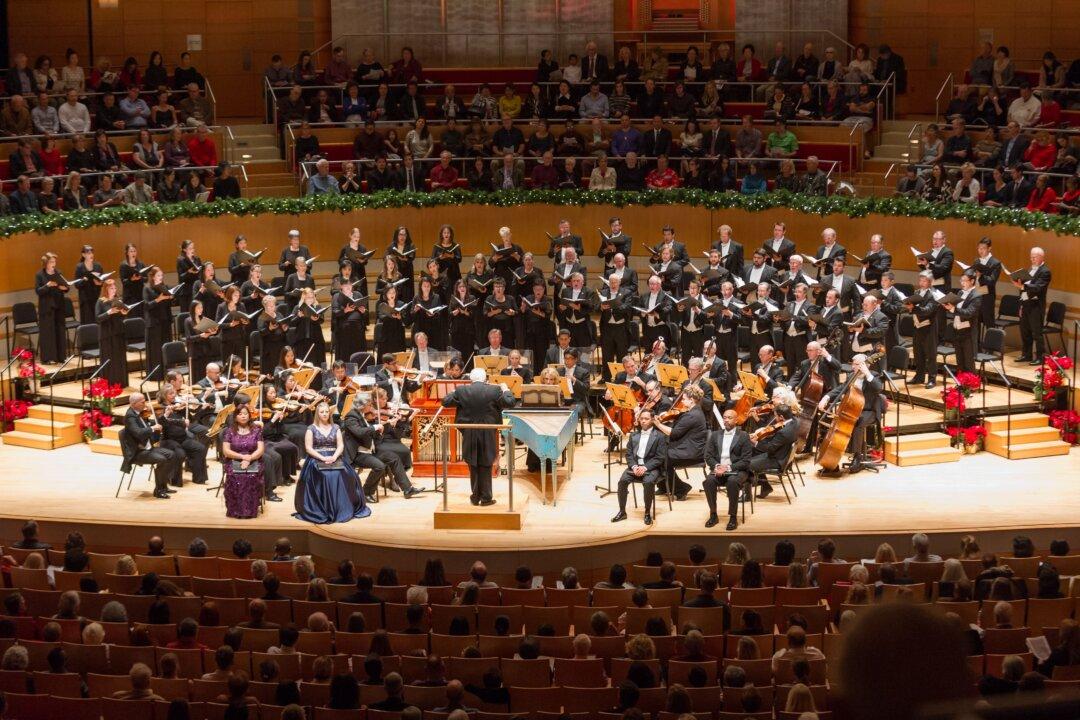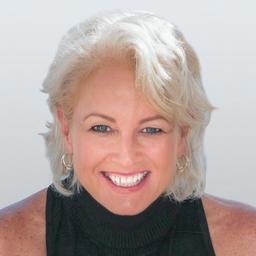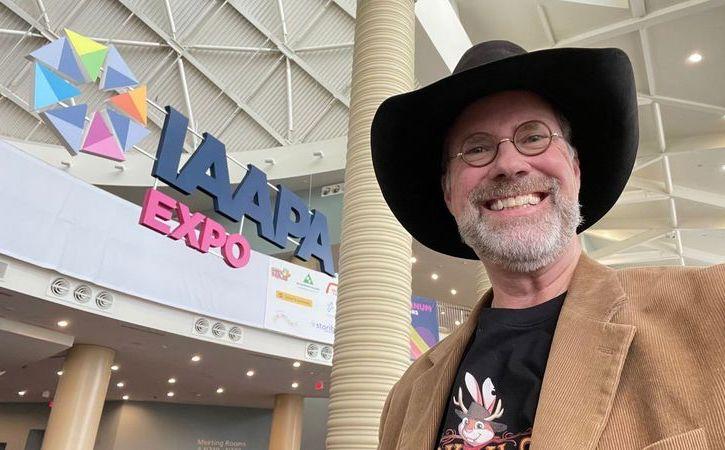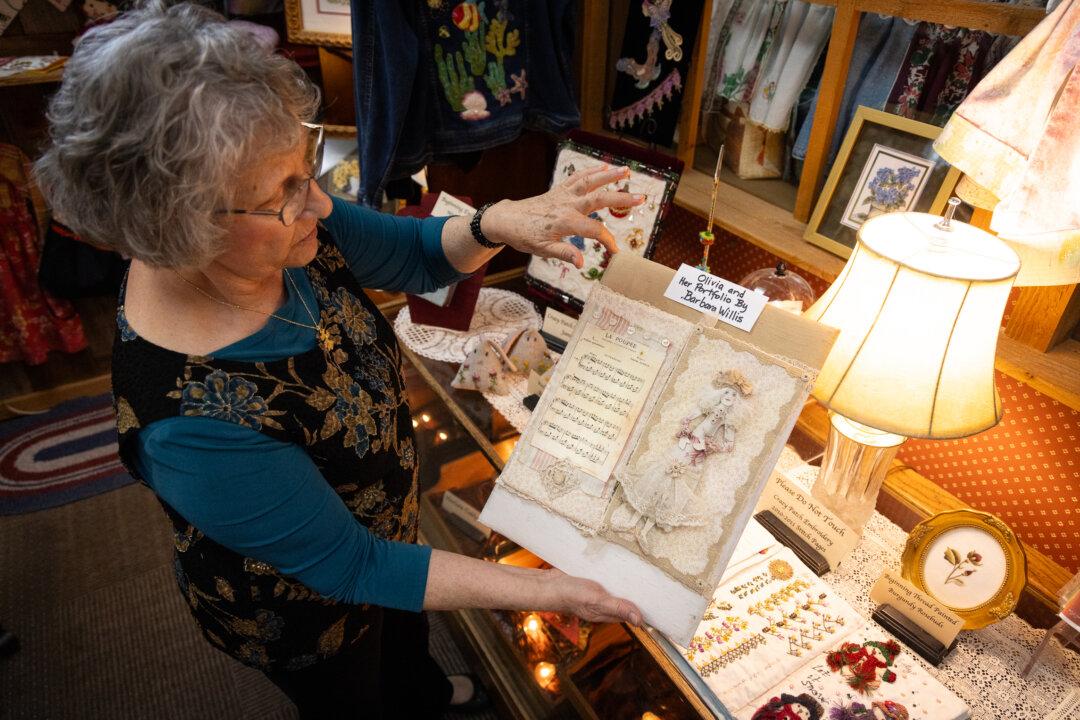After two consecutive years of cancellation due to COVID-19 concerns, Handel’s Messiah returns to the Renée and Henry Segerstrom Concert Hall in Costa Mesa, Calif., on Dec. 5 at 3:00 pm featuring the Pacific Symphony and Pacific Chorale conducted by maestro Robert Moody.
Handel’s Messiah is perhaps one of the most widely played pieces around the world during the Christmas season, and is historically one of the most popular oratorios—that of a musical composition for orchestra, choir, and soloists.





